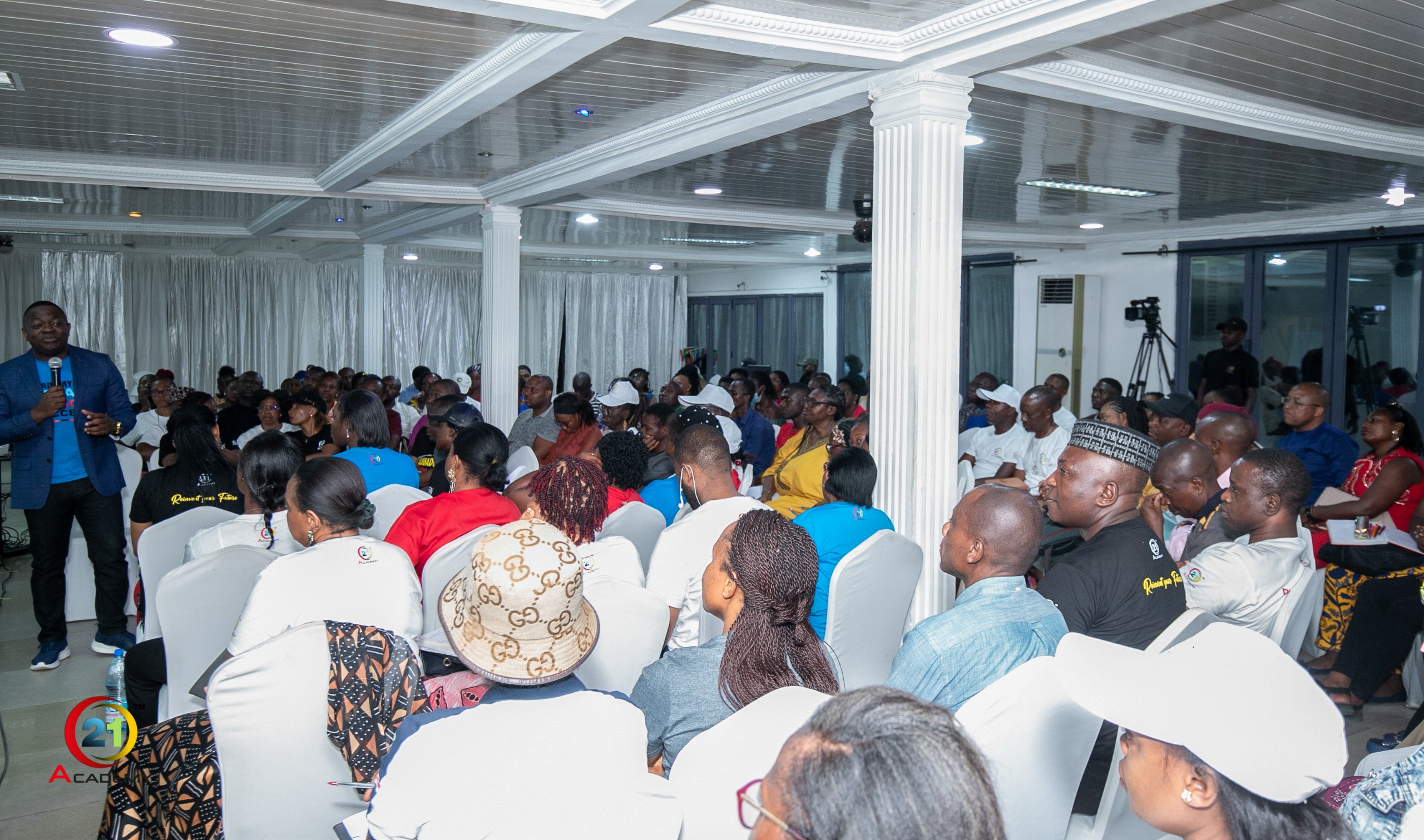Retirement is a period of life when a person ceases regular professional activity and withdraws from the world of work. It is often accompanied by a regular income from pension schemes, personal savings or other sources. Retirement age varies from country to country and from social security system to social security system, and some individuals can retire early if they have the necessary financial means. Retirement generally marks the beginning of a new phase in life, offering the opportunity to pursue personal interests, travel or engage in voluntary activities.
Retirement is often misunderstood by many professionals, because in reality the transition from ceasing all professional activity to managing one's after-work life is not always straightforward. So, rather than being a time of rest as provided for by the regulations in force in each country, it can be a time of frustration for many, and it's for this reason that many professionals, or more precisely the 85% of retirees, lose their lives within 5 years of retirement.
This tragedy arises because, in reality, many people don't understand that retirement, instead of being considered an inevitability, could be a second chance for people with an alert mindset who could make efficient use of it and, above all, an outlet to new possibilities.
This was the theme developed this Tuesday, February 13, 2024 at the Hôtel La Falaise in Bonanjo, Douala, by A21 Chairman Dr. Raoul Ruben, and enriched by the sharing of strong leaders who spared no words in raising awareness and drawing the audience's attention to this reality.
Contrary to what most people think, retirement allows you to redefine your life and give it new meaning, because it marks a major transition, offering the opportunity to resize your daily life and find new sources of happiness and satisfaction. Here are a few tips for bouncing back after retirement:
1- Reflect on your Passions and Interests
Take the time to discover or rediscover your passions. Identify the activities that bring you joy and meaning. This could include hobbies, volunteering or even learning new skills.
2- Expand your social network
Invest in social relationships by joining clubs, community groups or organizations such as Academy Twenty One, which offers all its members the keys and proven codes for building a fulfilling, balanced life. Meeting new people and sharing experiences can enrich your social life.
3- Explore New Horizons
Retirement offers the freedom to explore new horizons.Whether it's traveling, learning a new language, or engaging in artistic projects, take advantage of this period to broaden your experiences.What's more, it's important to understand that we don't grow old because of the weight of age; we grow old when we lose our childlike heart, when we're no longer able to marvel at new projects, new experiences and, above all, new adventures.
4- Managing retirement finances
The greatest difficulty of retirement is managing your life financially, because, depending on the country and its laws, a pension is established that never exceeds a third of your income when you were in service.So, you realize that your income was not sufficient to cover your expenses, and now you have to make do with a third. This is the biggest dilemma of all, and the source of all our daily stress and frustration.
5- Maintain an active lifestyle
Retirement doesn't mean inactivity. Maintain a regular routine that includes physical exercise, stimulate your brain with intellectual activities, and ensure a balanced diet.
6- Plan New Projects
Set long-term goals to maintain a sense of direction.Whether it's travel, family projects or personal achievements, having aspirations contributes to satisfaction in retirement.This way of thinking rejuvenates you, allowing you to take advantage of the elasticity of your memory, which is fresher on the evening of your 60th birthday. You can then recreate a new lifestyle based on the principles of discipline and positive resilience to meet new challenges.7- Adapting to the Changing Rhythm
7- Adapting to the Change of Rhythm
There's no denying it: retirement always requires an adjustment to the changing pace of life.That's why an open mind helps you adjust your expectations and embrace flexibility in your new daily life, because the intensity of your work will be down, which will have an impact on your metabolism that could drastically influence your health.
Retirement, far from what people may imagine, is an opportunity to create a life that reflects your values and aspirations.By exploring new activities, staying socially connected and maintaining financial balance, you can bounce back after retirement and make the most of this new phase of life. And it was this wisdom that emerged from each of these leaders' speeches under the guidance of Dr. Raoul Ruben, whose every utterance is a book to be explored without restraint and, above all, with the utmost attention to detail.

